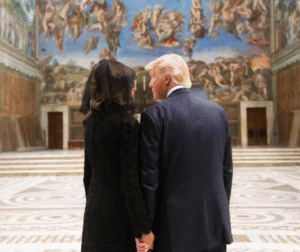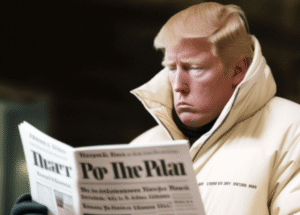#AcademicFreedom #FreeSpeech #HigherEducation #COVID19Policies #StanfordUniversity #HarvardUniversity #ScientificDebate #DemocraticSociety
In a compelling opinion piece, Jay Bhattacharya and Wesley J. Smith, through RealClearPolitics, challenge the notion that universities should suppress contentious debate in favor of promoting official institutional positions on public controversies. Citing a provocative advocacy article in The New England Journal of Medicine by Evan Mullen, Eric J. Topol, and Abraham Verghese, which criticizes academic freedom, the authors argue against the call for universities to take official stances that may stifle rigorous discourse. This stance comes in the wake of Stanford University’s refusal to condemn the COVID-19 policy advice given by Dr. Scott Atlas to the Trump administration, highlighting a broader concern regarding the suppression of heterodox views within academic settings.
The backdrop of this discussion is not just theoretical but grounded in actual controversial debates, such as the effectiveness and societal impact of COVID-19 policies like mask mandates and lockdowns. The authors underscore that academic and scientific advancement thrives on free expression and rigorous debate, pointing out that historical examples, including pushback against Albert Einstein’s theories, illustrate the peril of institutional dogma overshadowing empirical data and reasoned argument. They warn that enabling universities to adopt official positions on contentious issues risks creating a chilling effect on the expression of dissenting or heterodox views, which are vital for the progress of knowledge and science.
Moreover, Bhattacharya and Smith delve into the mechanisms by which such institutional positions could unduly influence academic discourse, suggesting that predetermined committees could further entrench ideological homogeneity. They argue that this approach contradicts the foundational principles of academic freedom and stifle innovation. The piece also touches on Harvard University’s stance against faculty criticizing the institution, suggesting a trend toward silencing dissent in academia. The authors contend that such moves undermine the democratic values of open debate and transparency, crucial for addressing institutional shortcomings and advancing scholarly and scientific inquiry. In essence, they advocate for a recommitment to academic freedom, where universities serve as bastions of vigorous and open discourse, rather than enforcers of conformity and orthodoxy.







Comments are closed.